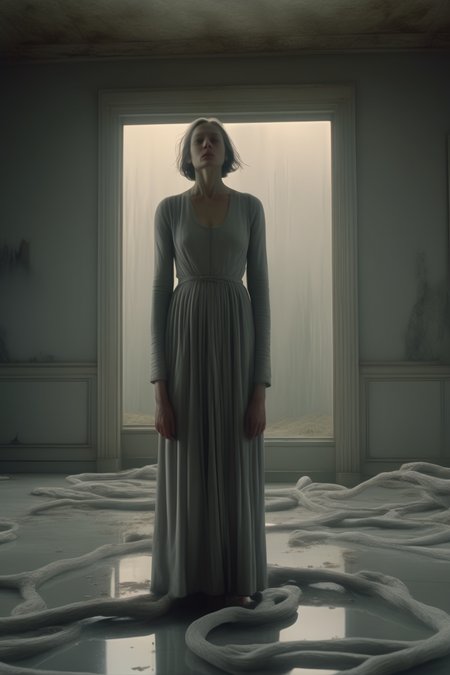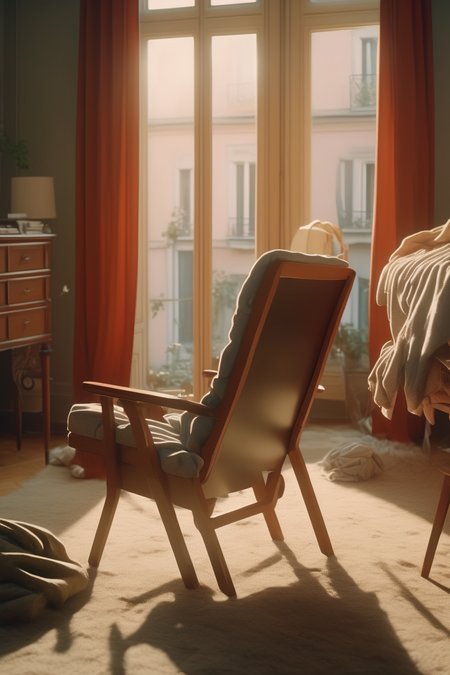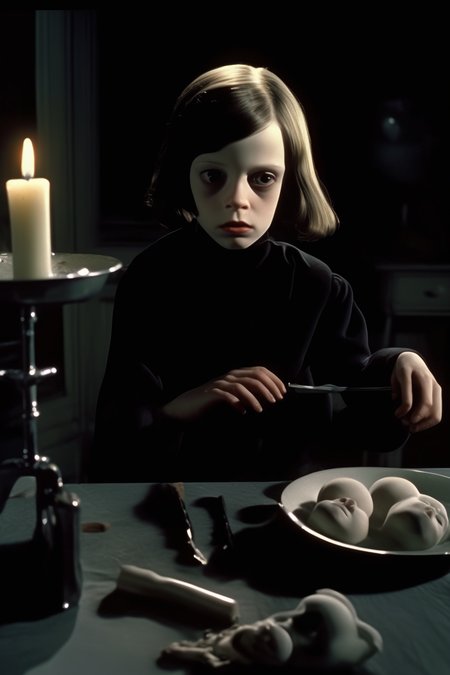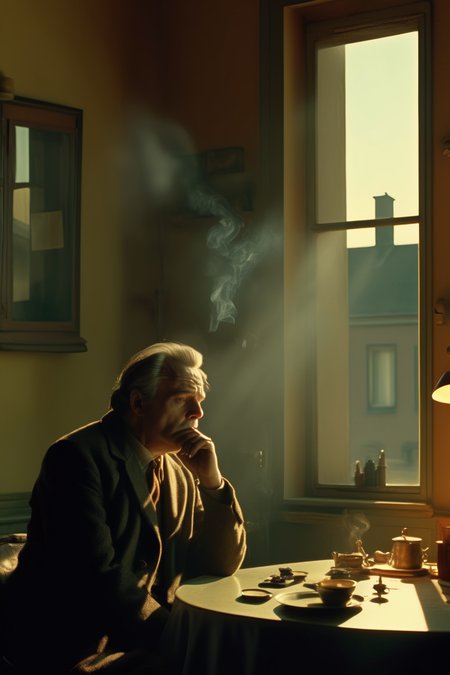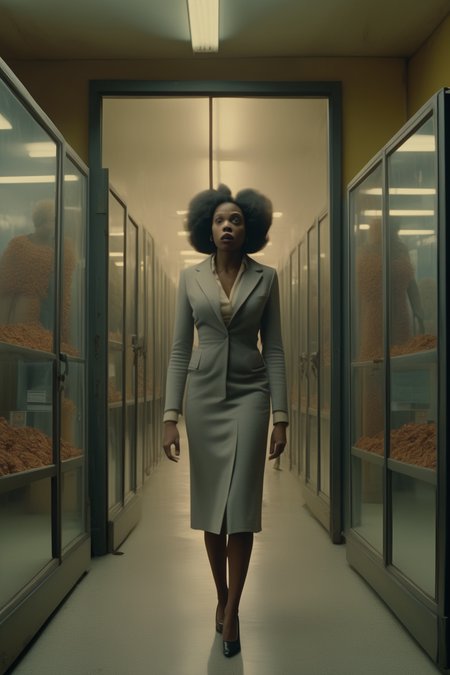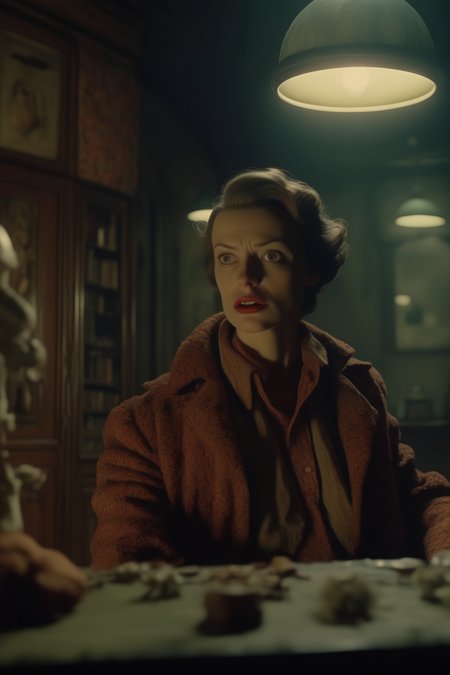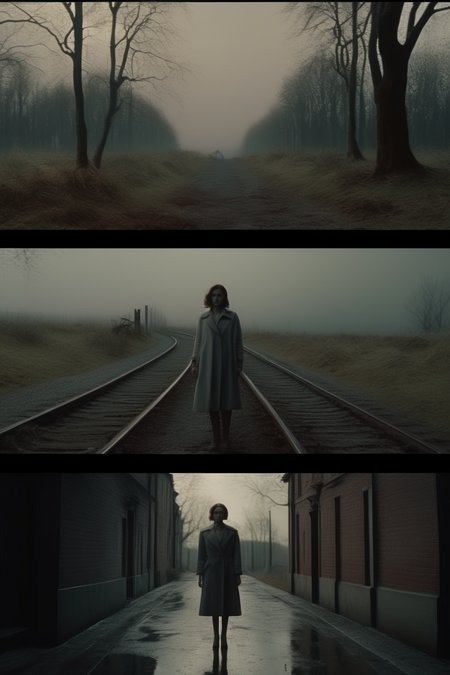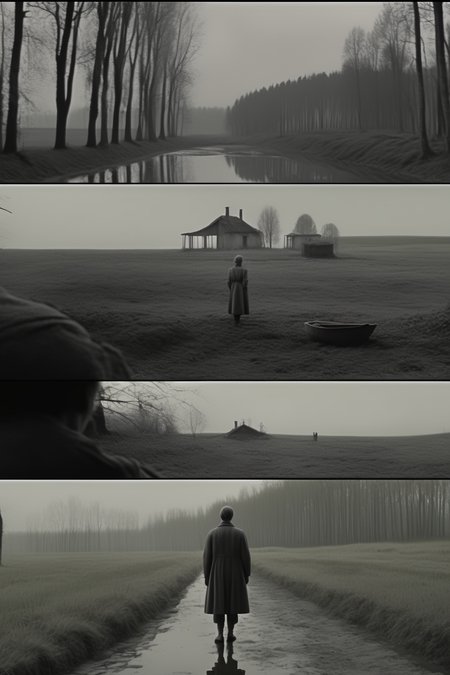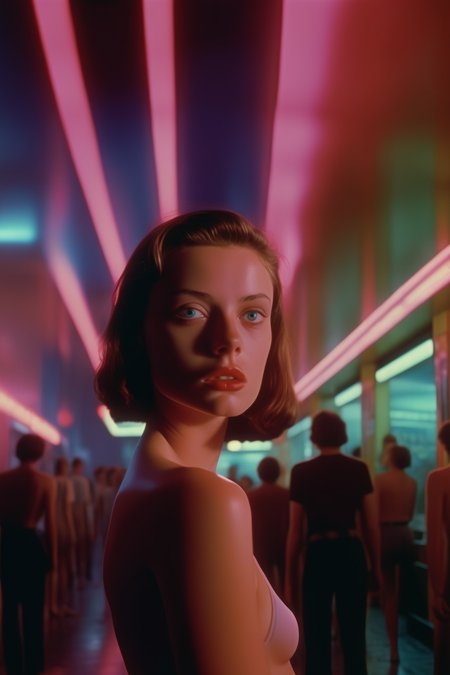Lars von Trier is a Danish filmmaker known for his provocative and controversial style, characterized by raw emotional intensity, experimental techniques, and a willingness to confront difficult and taboo subjects.
Von Trier's films often challenge traditional narrative structures and cinematic conventions. He employs unconventional camera work, such as shaky handheld shots and jump cuts, to create a sense of immediacy and authenticity. This style gives his films a documentary-like quality that blurs the line between fiction and reality.
Emotional intensity and psychological exploration are key features of von Trier's style. He delves into the complexities of human emotions, often portraying characters in extreme states of distress, vulnerability, or inner turmoil. This unflinching examination of the human psyche creates a visceral and often uncomfortable viewing experience.
Von Trier is known for his willingness to tackle controversial and taboo subjects. His narratives often include scenes of graphic violence, explicit sexuality, and disturbing themes that challenge societal norms and push the boundaries of cinematic representation.
His use of symbolism and metaphor adds depth to his films. Von Trier often employs allegorical elements to explore philosophical concepts and societal critiques. His films invite interpretation and analysis, encouraging audiences to engage with the layers of meaning.
Von Trier's collaboration with composer Joachim Holbek has resulted in memorable and emotionally charged scores that enhance the mood and atmosphere of his films. Music plays a crucial role in intensifying the emotional impact of his stories.
Throughout his career, Lars von Trier has directed films such as "Breaking the Waves," "Dancer in the Dark," "Antichrist," and "Melancholia." His bold and uncompromising style has earned him both acclaim and controversy, establishing him as a director who consistently challenges audience expectations and societal norms.
